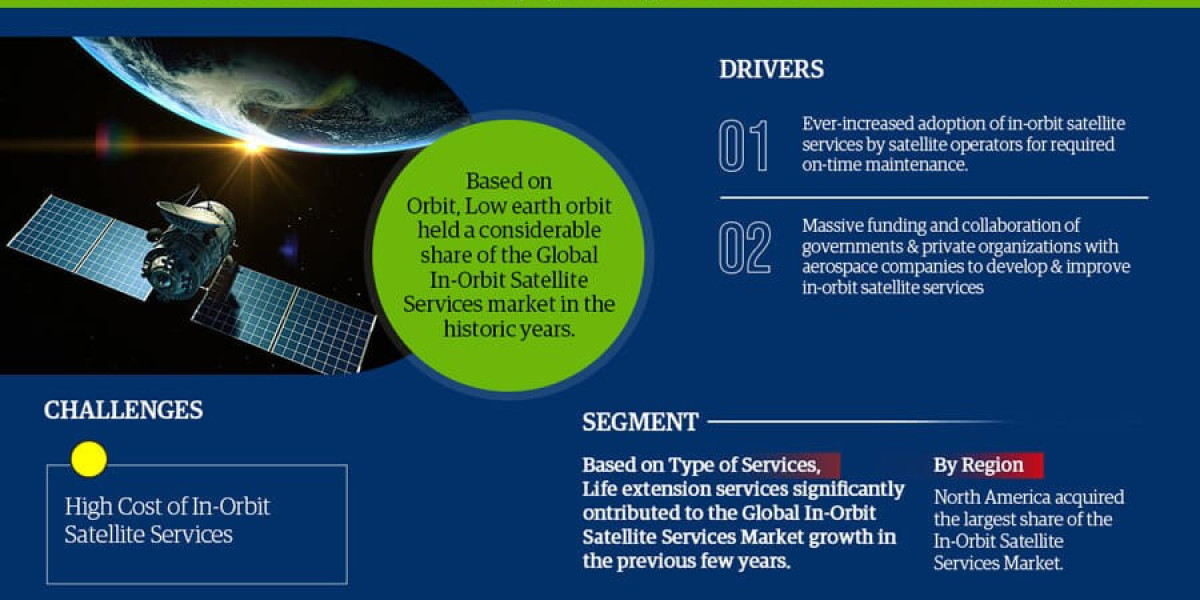When it comes to health insurance, age plays a crucial role in determining both the cost of premiums and the extent of coverage available. As we age, our health needs and risks change, and so does the way insurance companies assess and price their policies. It’s an essential consideration for anyone looking to secure long-term financial protection for their health, but it’s also a topic that’s often surrounded by confusion and uncertainty.
In this article, we’ll explore how age influences the best health insurance premiums, the kind of coverage available at different life stages, and how you can make the most of your health insurance, no matter where you are in your life journey.
Why Do Premiums Increase With Age?
As individuals transition from youth to adulthood and into their senior years, the likelihood of developing health issues increases. This heightened risk is a primary reason why health insurance premiums tend to rise with age. Insurers calculate premiums based on the probability of claims being made; older individuals are statistically more likely to require medical care than younger ones.
Increased Risk of Chronic Conditions
As we age, the risk of developing chronic conditions such as diabetes, heart disease, and arthritis escalates. These conditions often require ongoing medical attention and can lead to higher healthcare costs, prompting insurers to adjust premiums accordingly.
Higher Frequency of Healthcare Utilisation
Older adults typically visit healthcare providers more frequently than younger individuals. Regular check-ups, preventive screenings, and specialist consultations increase overall healthcare costs.
Advanced Medical Treatments
With advancements in medical technology, older adults may require more sophisticated treatments that come with higher price tags. Insurers factor these potential costs into their premium calculations.
Longer Life Expectancy
People are living longer than ever before, which means they may need healthcare services for an extended period. This longevity increases the cumulative cost of care over a lifetime, contributing to higher premiums for older adults.
Age Brackets and Premium Variations
Typically, insurers categorise applicants into age brackets. For instance:
Young Adults (18-30): Generally benefit from lower premiums due to fewer health issues.
Middle-Aged Adults (31-50): Experience moderate increases as they begin to face more health challenges.
Older Adults (51+): Often see the highest premiums due to significant health risks.
This tiered approach allows insurers to manage risk while providing coverage tailored to different life stages.
Factors Contributing to Increased Premiums
Several factors contribute to the increase in individual or family health insurance premiums as individuals age:
Chronic Illnesses: The prevalence of chronic illnesses tends to rise with age. Insurers anticipate that older adults will file more claims related to these conditions, prompting them to raise premiums accordingly.
Surgical Needs: Older adults are more likely to require surgeries, such as joint replacements or cardiac procedures. The potential for surgical claims adds another layer of risk for insurers, leading to higher premiums.
Prescription Drug Use: Senior citizens often need regular medications for managing chronic conditions. Increased reliance on prescription drugs can lead to higher claims frequency, which insurers account for by increasing premiums.
Strategies for Managing Health Insurance Costs with Age
To mitigate the impact of ageing on health insurance costs and coverage, consider the following strategies:
Purchase Early: Acquiring the best health insurance at a younger age can lead to lower premiums and broader coverage options. Younger applicants are generally not subject to medical exams or scrutiny over pre-existing conditions, making it easier and cheaper to secure comprehensive coverage.
Explore Employer-Sponsored Plans: If available, employer-sponsored health plans often provide better rates than individual plans due to group purchasing power. These plans can be particularly beneficial for those approaching retirement age.
Utilise Health Savings Accounts (HSAs): HSAs allow individuals to save money tax-free for medical expenses. Contributing to an HSA can help offset rising healthcare costs associated with ageing and provide a financial cushion for future medical needs.
Review Policies Regularly: As personal health needs change over time, it’s essential to review existing individual or family health insurance policies annually. This ensures that coverage remains adequate and cost-effective based on current health status and anticipated needs
Conclusion
Age plays a significant role in determining health insurance premiums and coverage. As you age, choosing the best health insurance plan that offers comprehensive coverage, caters to age-related health needs, and provides financial security for you and your family is essential.
As you navigate the complexities of health insurance, Niva Bupa offers reliable and flexible best mediclaim policy for family tailored to meet evolving healthcare needs. Whether you are looking for the best family health insurance or individual coverage, Niva Bupa ensures that you and your loved ones receive the best protection possible.
With a strong focus on customer satisfaction, Niva Bupa provides comprehensive plans with benefits catering to various medical needs. The company offers some of the best mediclaim policies for family, providing comprehensive coverage for hospitalisation, critical illnesses, and daycare procedures. Additionally, Niva Bupa has a vast network of healthcare providers, ensuring that you receive the best treatment whenever you need it.







